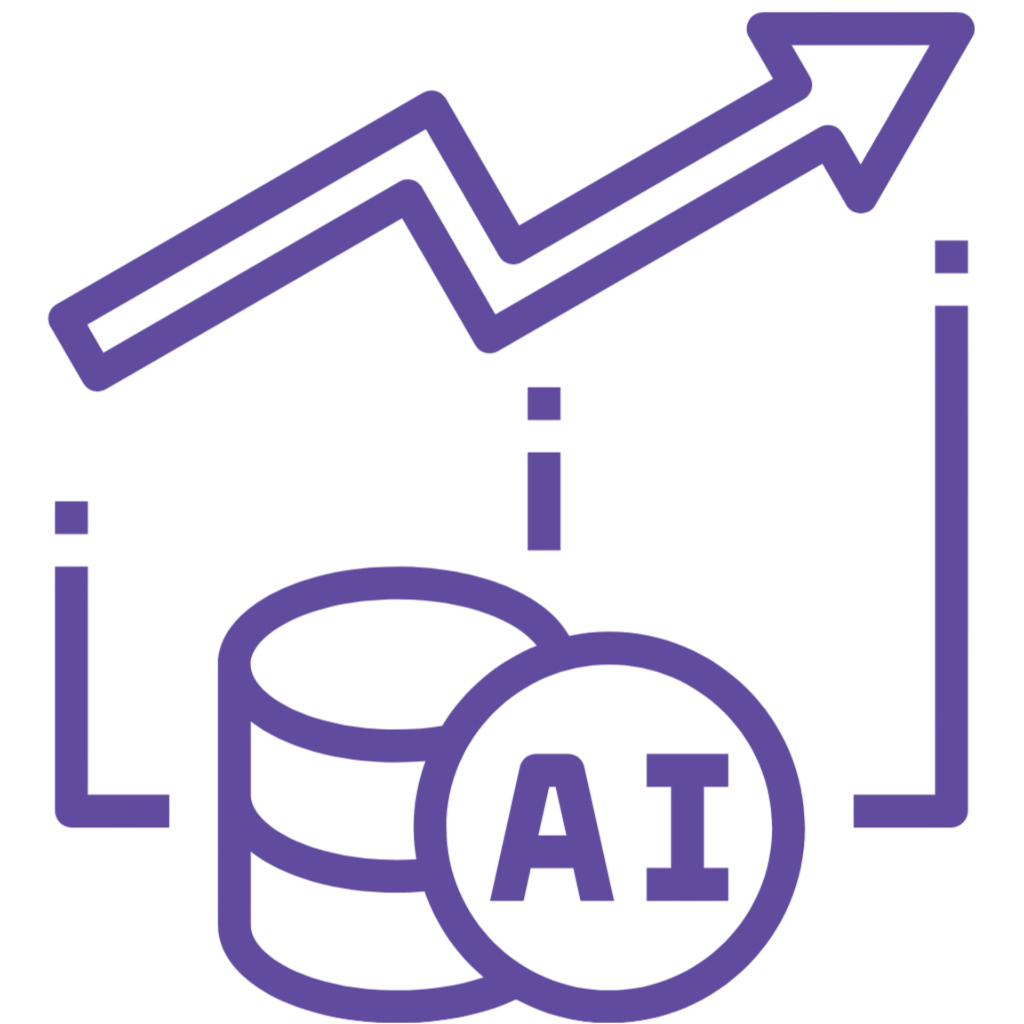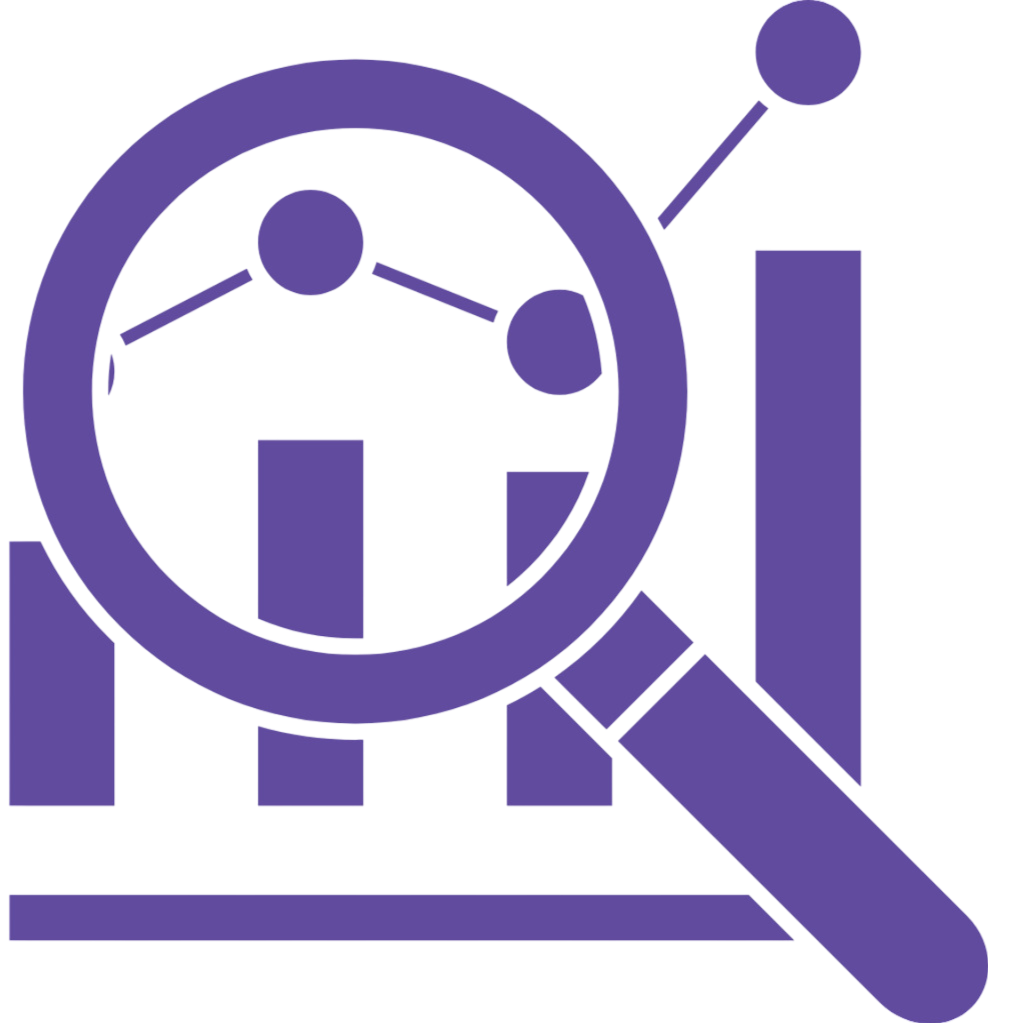Project management has come a long way from its humble beginnings, evolving from intuition-based decision-making to the adoption of data-driven strategies. This evolution has been crucial in ensuring project success in today’s dynamic business environment. In today’s fast-paced and competitive business landscape, the ability to harness data for informed decision-making is paramount for achieving project success. Let’s delve into the journey of project management, tracing its evolution and highlighting the transformative role of data-driven approaches.
Intuition-Based Project Management:
In the past, project management heavily relied on intuition and experience. Project managers made decisions based on their gut feelings and past experiences. However, this approach often led to uncertainties, delays, and unexpected challenges, as intuition alone couldn’t provide the level of precision needed in complex projects.
The Shift Towards Data-Driven Decision-Making:
Enter Kine, a game-changer in the project management landscape. With Kine’s predictive analytics capabilities, organizations can now leverage data to drive decision-making. Instead of relying solely on intuition, project managers can access real-time insights into various aspects of project performance, such as resource utilisation, task completion rates, and budgetary constraints.
Benefits of Data-Driven Project Management with Kine:
- Improved Decision-Making: Kine empowers project managers to make informed decisions based on data-driven insights. By analysing historical data and identifying trends, project managers can anticipate risks and proactively address potential issues, leading to better project outcomes.
- Enhanced Predictability: Kine enables organisations to forecast project outcomes with greater accuracy. By leveraging predictive analytics, project managers can anticipate potential bottlenecks, allocate resources more effectively, and ensure projects stay on track.
- Optimised Resource Allocation: With Kine, organisations can optimise resource allocation by identifying areas where resources are under-utilised or overburdened. This ensures that the right resources are allocated to the right tasks, leading to improved efficiency and productivity.
- Increased Accountability: Kine promotes a culture of transparency and accountability within teams. By providing clear metrics and performance indicators, KINE holds team members accountable for their contributions, driving greater alignment and collaboration.
- Continuous Improvement: Through Kine’s feedback mechanisms and performance metrics, organisations can identify areas for improvement and implement iterative changes to enhance project outcomes over time. This fosters a culture of continuous improvement and innovation within teams.
The Future of Project Management with Kine:
As organisations continue to embrace data-driven methodologies, the role of Kine in project management will only become more critical. With advancements in artificial intelligence and machine learning, Kine is poised to revolutionise project management further. Predictive analytics will enable organisations to anticipate project outcomes with unprecedented accuracy, paving the way for more efficient and successful project delivery. By harnessing the power of data, project managers can make informed decisions, anticipate challenges, and drive continuous improvement.










